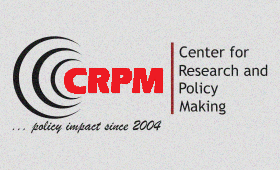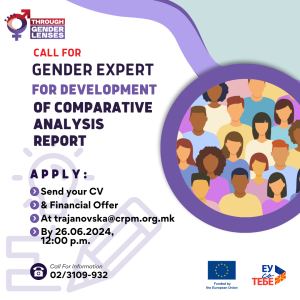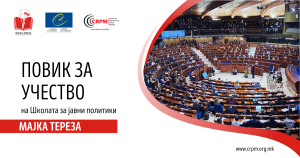Last week, Global Integrity released its first ever project focused on the health and education sectors, a small pilot project in Skopje, Macedonia on which we collaborated with the World Bank’s Human Development anchor and the Center for Research and Policy Making (CRPM) in Macedonia. Our fieldwork attempted to answer a relatively simple but powerful question: does increased access to key information impact health or education service delivery at the facility level? To answer that, we developed and fielded Integrity Indicators aimed at unpacking the role that information access plays in improving (or not) education and healthcare service delivery in Skopje, Macedonia.

The results of this pilot study did not address why certain information transparency and accountability mechanisms may or may not empower beneficiaries (we discovered that the methodology employed was too limited to answer our core
question), but they proved a useful tool in mapping and identifying what information-related rights, institutions, and mechanisms exist and how effective they are (or are not) at providing health- and education-related information to service beneficiaries.
While some of the results were predictable, others surprised us. To wit:
- The absence of home-grown, citizen audit and community monitoring groups in both sectors, which stands in contrast to the relative robustness of official government audits and monitoring in these sectors;
- Significant implementation gaps between information access laws (as they relate to education and health care service delivery) and their implementation and enforcement;
- The importance of informal mechanisms and processes in information sharing and dissemination;
- How information is transmitted significantly determines whether citizens can access information that is publicly released.The full report has all of the details describing the methodology as well as detailed results (and spreadsheets data!)
Based on the initial success of the Macedonia assessment, we are expanding similar work to Kenya and Ukraine and will begin fielding data soon in both countries, likely in two localities in each target country.







